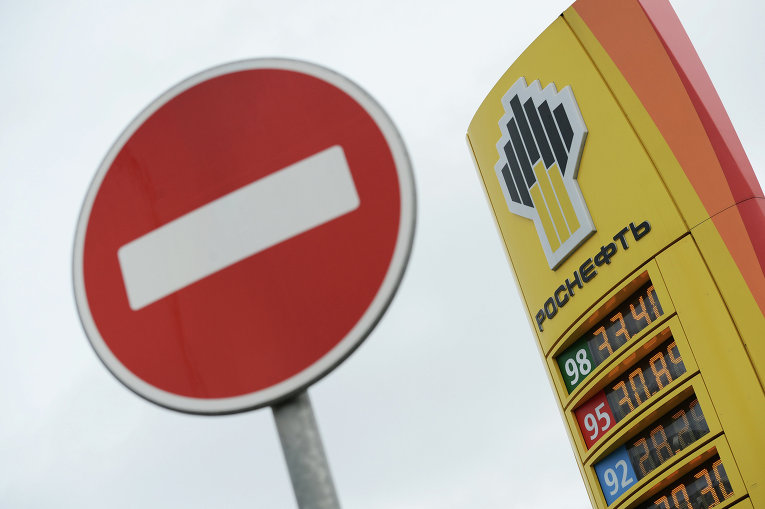MOSCOW, July 20 (RAPSI) - The Commercial Court of the Republic of Bashkortostan on Thursday refused to recuse the presiding judge from proceedings in a 170.6-billion-ruble lawsuit (about $3 billion) lodged by Russia’s oil giant Rosneft against holding company AFK Sistema, the court told RAPSI on Thursday.
AFK Sistema filed a petition for the judge disqualification because of alleged subjectivity and prejudgment.
Earlier, the court dismissed AFK Sistema’s request to conduct financial and economical examination to estimate damages. On July 12, the court rejected motion to bring Felix Yevtushenkov, the son of the company’s owner, and Nachmann Rechtsanwälte law firm founder Joseph Nachmann, who had previously worked in AFK Sistema, into the proceedings as third parties.
However, a motion filed by Rosneft seeking to seize 185 billion rubles ($3.1 billion) in AFK Sistema’s assets was granted.
On June 23, the Commercial Court of the Republic of Bashkortostan seized 31.76% of MTS mobile operator’s shares owned by AFK Sistema and its subsidiary Sistema-Invest as well as 100% of Medsi Group’s shares and 90.47% of Bashkir Power Grid Company’s (BESK) as part of 170.6 billion rubles (about $3 billion at the current exchange rate) lawsuit filed by Rosneft, Bashneft and Republic of Bashkiria against the companies.
According to AFK Sistema, the asset seizure resulted in a technical default on 3.9 billion rubles ($66 million).
The Eighteenth Commercial Court of Appeals will hear AFK Sistema’s appeal against seizure of its assets on August 7.
According to press service of Rosneft, the lawsuit is connected with alleged siphoning of assets.
Initially, Rosneft sought to collect 106.6 billion ($1.8 billion) rubles in damages from Sistema. Later the oil giant increased its claim to 170.6 billion rubles. The plaintiff revised the claim damage upwards taking into account currency fluctuations, according to a company’s representative. Actions of AFK Sistema allegedly led to decrease of assets at this sum, the plaintiff said.
AFK Sistema claims that the plaintiffs’ demands are illegal and groundless.



